Sudan’s Conflict and the Displaced Persons: From Forcibly Displacement to Forcibly Evacuations
More than 5.8 million people have been forcibly displaced since the conflict between the Sudanese Armed Forces (SAF) and the Rapid Support Forces (RSF) erupted in mid-April—more than 1.2 million have fled to neighboring countries namely Chad, South Sudan, and Egypt.
The Internally Displaced Persons (IDPs) have fled to notable states, including the White Nile, El-Jazeera, Al-Gadarif, and Red Sea states; most were incubated within their extended families or friends, while the rest had no option but to live in schools and dorms since universities and schools were closed due to the conflict.
Last October, the Federal Ministry of Education issued a statement calling for schools to re-open, as did the Federal Ministry of Higher Education and Scientific Research. So, accordingly, schools and universities started applying their ministerial decisions. The Student Associations issued public statements regarding the dire straits they face due to accessibility limitations (network, logistics, financial strains, etc.); on the other hand, schools and universities announced issues related to their facilities (premises, dorms, schools, offices, etc.)
Accordingly, the Governor of Al-Gadarif issued a decree calling for the IDPs to evacuate the schools, dorms, and other premises; however, the IDPs called for alternatives such as camps, but the State neither responded nor halted the decree.
So, on November 8, the Police raided a school utilized by the IDPs as a shelter and forced them to evacuate by indiscriminately using tear gas, which tragically caused the death of a child while several others, including children, were hospitalized.
Resistance Committees, which were the initiatives responsible for creating shelters for the IDPs, protested and called for an immediate investigation and holding those responsible accountable, including the deputy chief of the Police.
The Sudanese people’s struggles continue regardless of where they flee to, internally as these involuntary evacuations and outside due to the inhuman situations such as the tragedy of 42 Sudanese refugees dying of starvation and diseases in Chad.
This nationwide crisis has been described as the “worst humanitarian crisis of our time” by many.

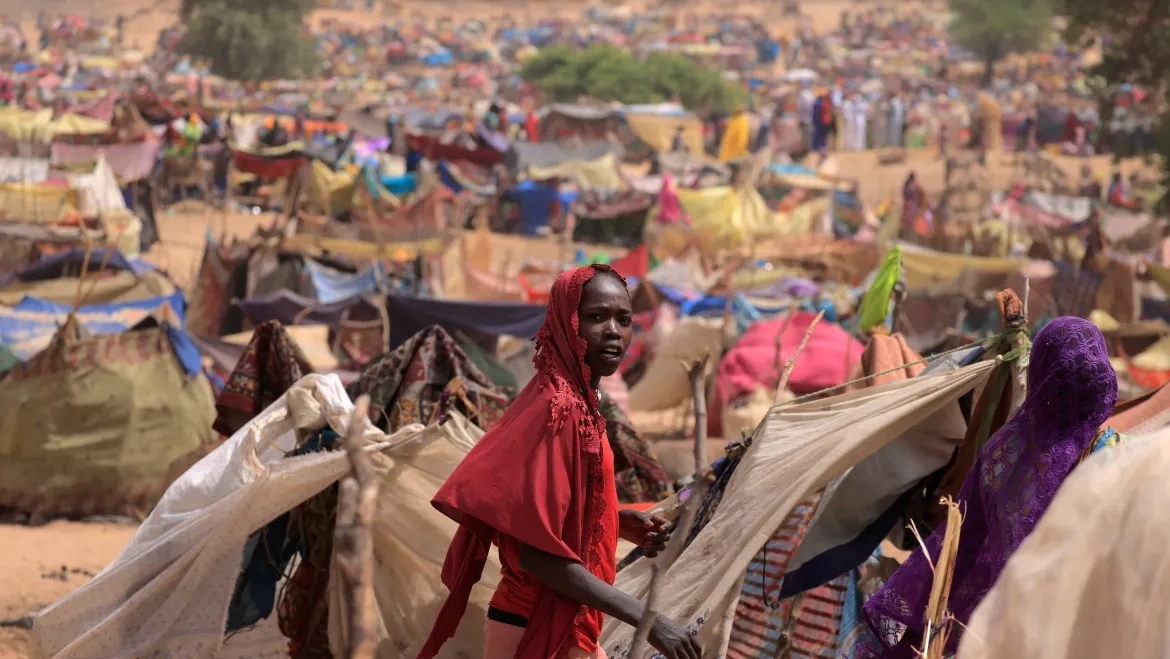
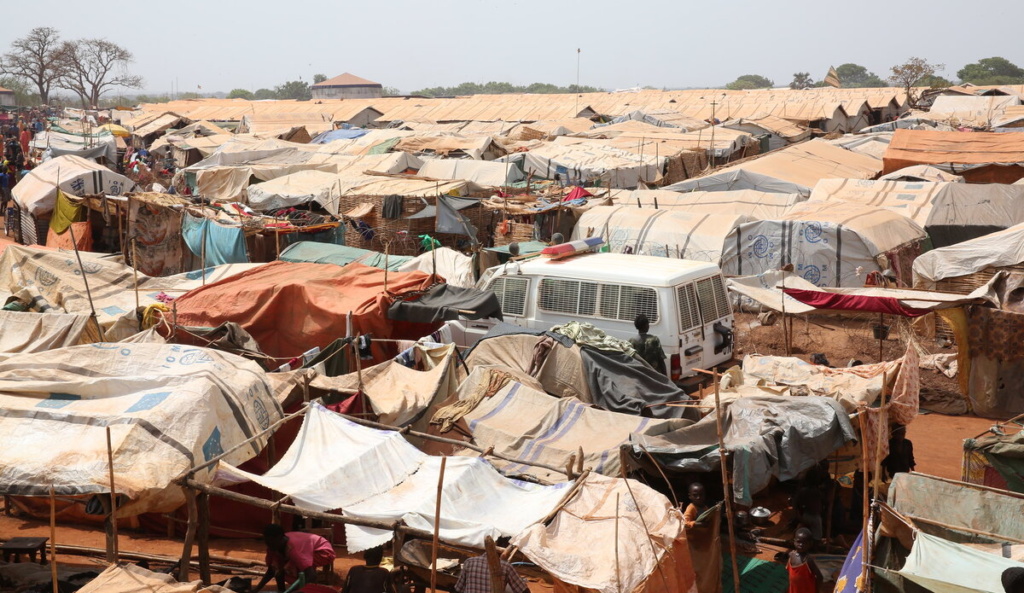
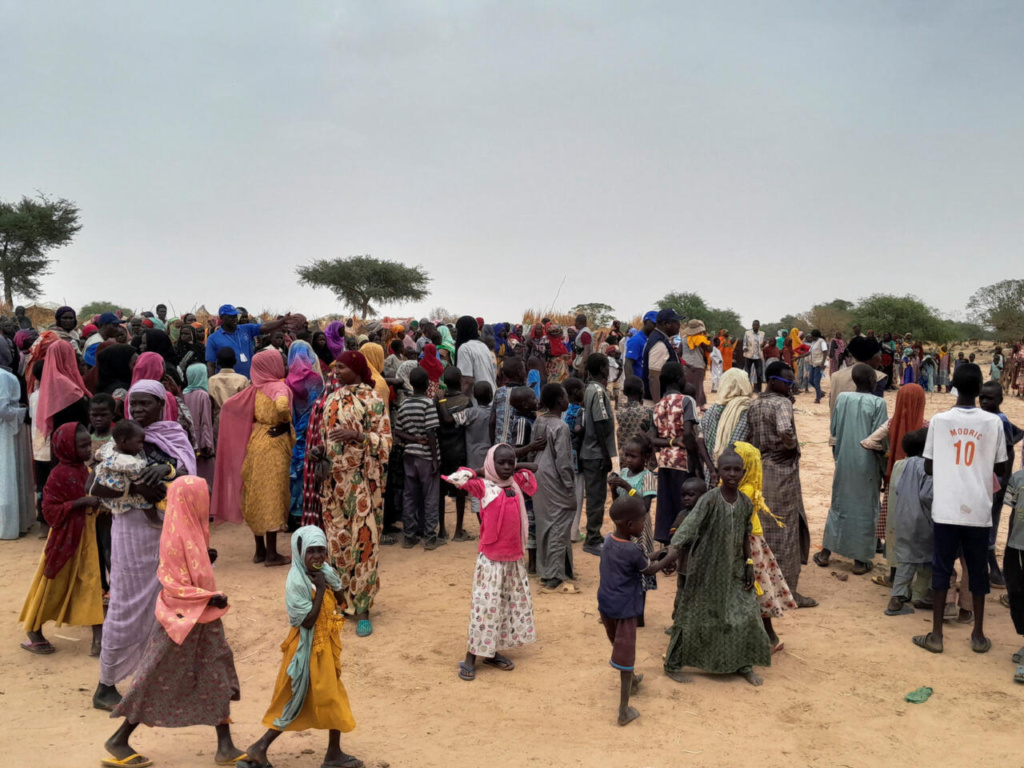
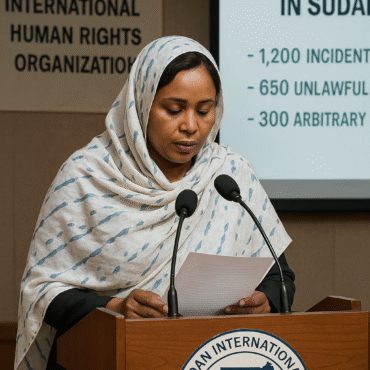
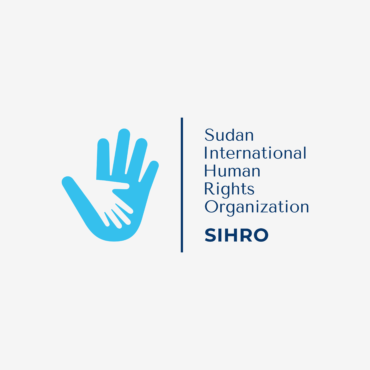
Add Comment